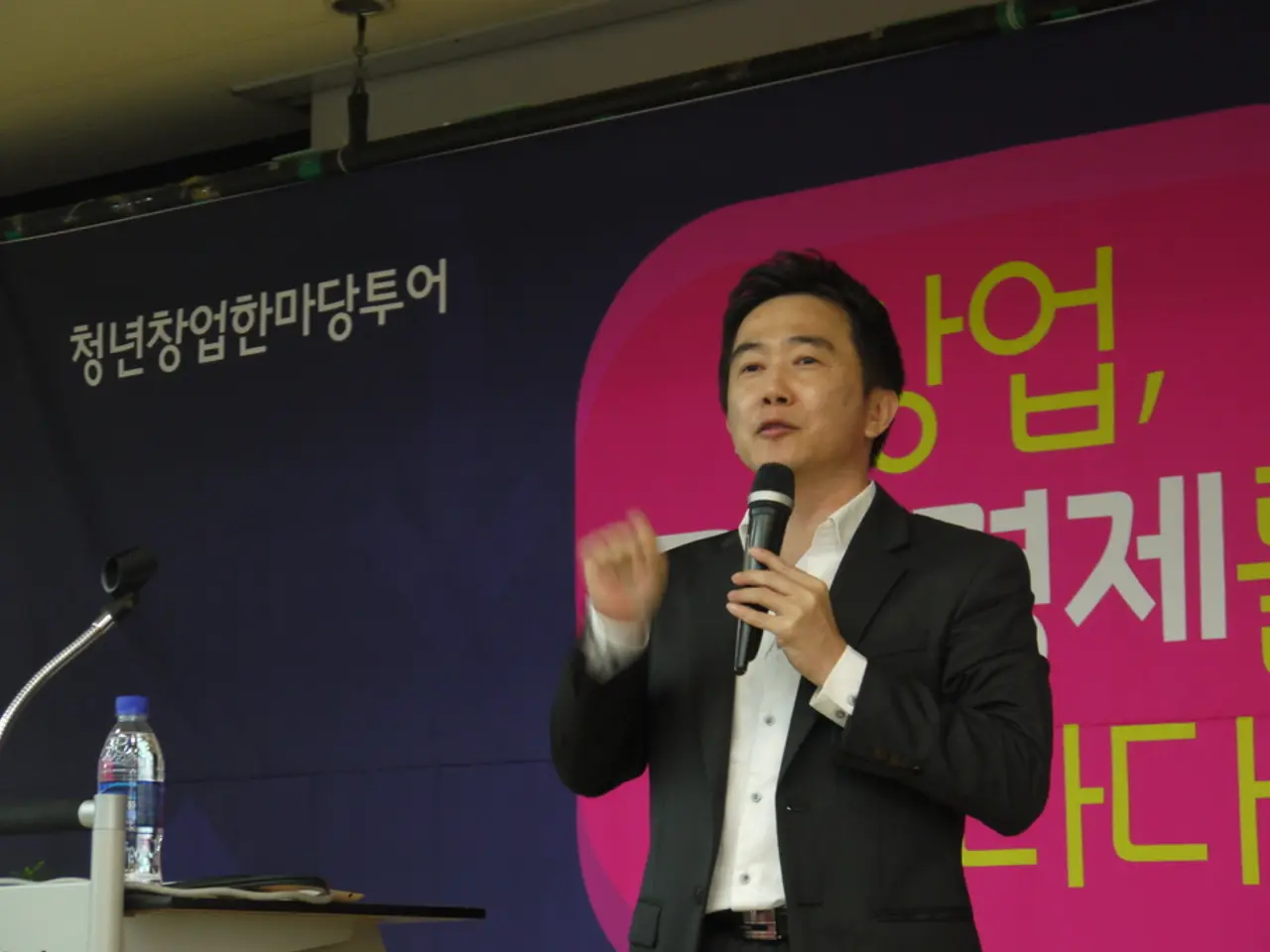Suspect resists granted freedom following allegations of peddling counterfeit medicines
In a significant development, a Delhi court has denied anticipatory bail to businessman Vicky Ramancha, who is accused of orchestrating an international conspiracy to supply counterfeit doses of the anti-diabetic injectable drug Ozempic to foreign entities, primarily in the United States.
The fraud, led by the Delhi Police’s Economic Offences Wing (EOW), involves Ramancha’s companies based in India, Dubai, and the U.S. The companies allegedly signed deals claiming to supply 125,000 doses of Ozempic, sourced from Chinese firms through forged agreements and invoices. However, upon shipment, the U.S. Food and Drug Administration (FDA) seized the drugs as counterfeit and spurious.
The alleged fraud has caused financial losses of around $18.8 to $19 million to the American complainant company, Assure Global LLC. The case has not been mentioned to involve any city in India other than Delhi, and a commercial arbitration case is already ongoing at the London Court of International Arbitration (LCIA).
The court's decision was based on the allegations involving grave offences against public health and safety, and international ramifications threatening India’s pharmaceutical industry reputation. The court stated that granting bail to Ramancha could undermine public confidence in the criminal justice system.
Advocate Yagyesh Kumar, representing the accused, argued that the case did not fall within the territorial jurisdiction of the court as the transaction took place outside the country. However, the court dismissed this argument, emphasizing the urgent need for swift legal action against pharmaceutical crimes to protect India’s reputation as the “pharmacy of the world” and to safeguard public health and regulatory interests.
The case has attracted the attention of US federal authorities, with Assure Global LLC receiving subpoenas from the US Department of Justice regarding potential violations of federal criminal laws. The international implications are significant, with legitimate pharmaceutical manufacturers facing loss of market share and increased regulatory compliance costs, India’s pharmaceutical export credibility at risk, and potential disruptions in medicine trade agreements and diplomatic tensions with importing countries.
Counterfeit Ozempic poses serious health dangers due to unknown ingredients or incorrect doses. The FDA specifically warns against counterfeit and unapproved GLP-1 drugs like Ozempic, stressing potential harm and ongoing monitoring efforts in the U.S.
The prosecution claimed that Ramancha was part of a transnational fraud operation that involved criminal conspiracy, money laundering, and deceptive legal tactics meant to legitimize counterfeit pharmaceutical distribution across multiple countries. The police claimed that false representation was created by the accused of having legitimate pharmaceutical supply chains and government connections in India.
Despite the Delhi High Court granting Ramancha interim protection from arrest very recently (August 19, 2025) pending further proceedings, the court's decision to deny anticipatory bail marks a step towards ensuring accountability in this complex case. A lookout circular has been issued to prevent Ramancha from evading investigation.
As the case unfolds, it serves as a stark reminder of the importance of maintaining strict regulatory oversight and combating pharmaceutical fraud to protect public health and ensure the integrity of the global pharmaceutical industry.
Read also:
- Germany's three-month tenure under Merz's administration feels significantly extended
- Hurricane-potential storm Erin forms, poised to become the first hurricane in the Atlantic Ocean this year.
- Skepticism About Climate Change Previously Held; Factors That Shifted Perspective Revealed
- Heavy rain causes flash floods in Hyderabad, resulting in severe waterlogging and disruptions to city life during a heavy downpour.








